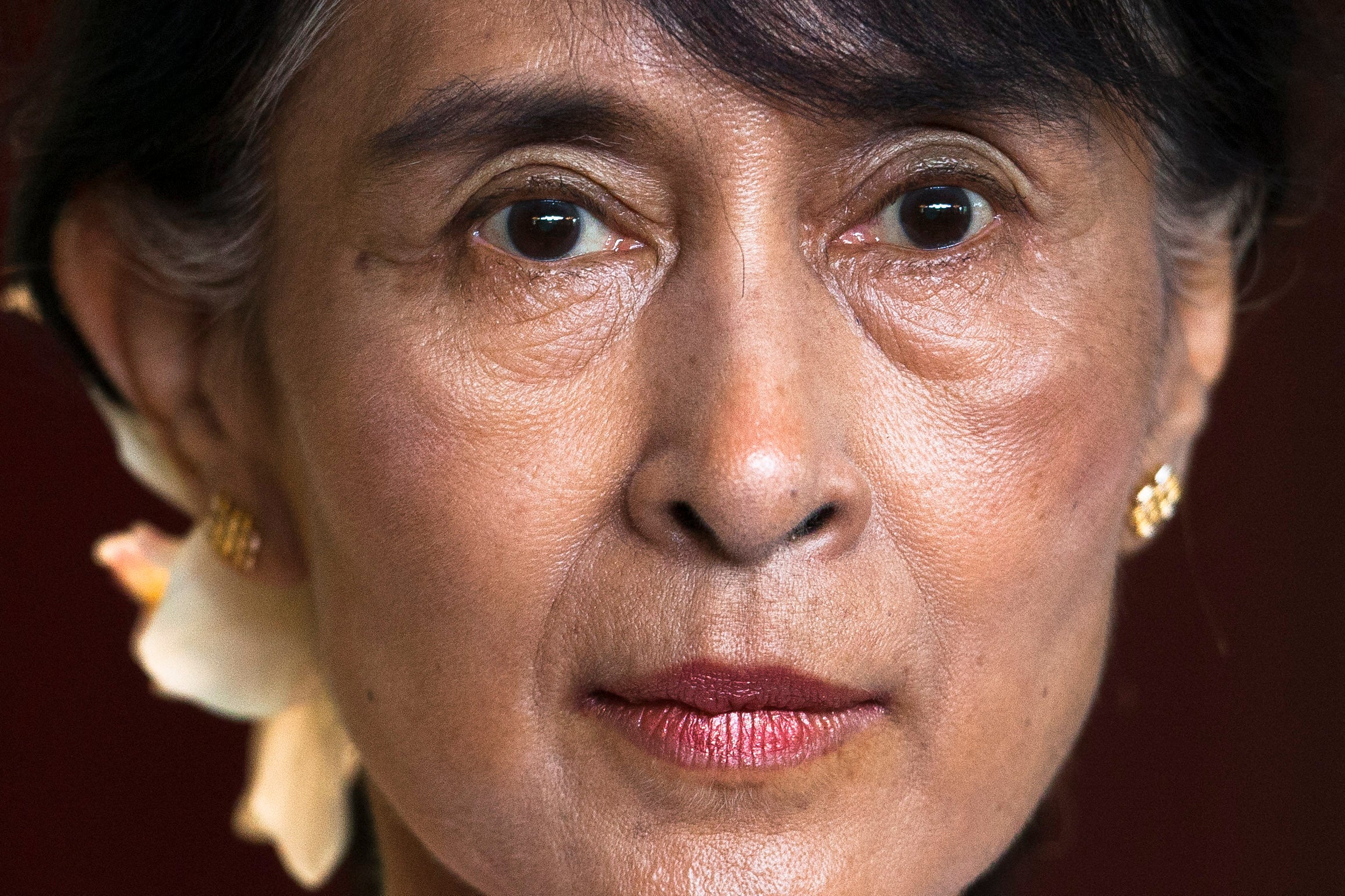Aung San Suu Kyi is sick. Reliable sources report that Myanmar’s former state counsellor, 80, has a heart condition that is worsening. She has asked to see a cardiologist, a request that has so far been denied.
The junta that rules Myanmar has done all it can to bury her alive, to shut her up permanently. She is held in solitary confinement in a jungle jail near the capital, Naypyidaw. During the several show trials she has faced, in which she has been convicted of obscure crimes including illegally importing walkie-talkies and breaking the Official Secrets Act, she has only appeared via video link. Her 80th birthday in July this year came and went with no concessions to her advancing age.
In February, on the fourth anniversary of the coup that brought an end to Myanmar’s five-year taste of partial democracy, UK foreign secretary David Lammy told the junta, “Release Aung San Suu Kyi. Release all those arbitrarily detained. Give Myanmar’s people the peace and democracy they deserve.”
As Mr Lammy implied, the barbarity and flagrant injustice of Suu Kyi’s imprisonment on trumped-up charges have been obvious all along. The United States, in a move typical of President Trump’s bungling folly, has mutated into the Myanmar army’s best buddy, abolishing USAID and closing down Voice of America and Radio Free Asia. Just as Europe is rising to the challenge of replacing the US as the only bulwark against Putin’s aggression, it needs to do the same for desperately beleaguered nations like Myanmar, where more than four million have been forced from their homes and half the population is living in poverty amid endless fighting.

Because what the West says and does makes a crucial difference. It was President Obama’s “pivot to Asia” more than 15 years ago that persuaded the military to open its doors to the beginnings of democracy, allowing Suu Kyi in from the cold after two decades of persecution and imprisonment.
And lo and behold, the opposite was also true. What tempted Army chief Min Aung Hlaing to overthrow Suu Kyi’s government, which had just been re-elected in a landslide? Diplomats believe it was the fact that, since her stunning appearance at the International Court of Justice in The Hague in 2019 defending the Myanmar army against charges of genocide, her official and popular support in the West had collapsed: the leader once described by Myanmar generals as the “poster girl” of Burma’s democracy movement had been cancelled. Now senior general Min Aung Hlaing knew that, whatever internal enemies the army might face, there would be no meaningful resistance – no return of the former sanctions regime, for example – from the West.
And so it has transpired. The rejection of Suu Kyi turned out to be merely the first act in a comprehensive washing of the West’s hands of whatever complications countries like Myanmar might present. The fact that it had produced a champion of democracy who has retained her principles and her popularity since emerging in 1988 – that unique record – cuts no ice with us anymore.
But now the eventuality looms that she might die where she lies, unseen, unvisited, incommunicado. So the need for the West to make up its mind about Myanmar’s democratically elected leader, as Mr Lammy has done, has never been more urgent. If Suu Kyi dies in prison, she will haunt Myanmar as her father continues to do, like all history’s great martyrs from Joan of Arc to Martin Luther King and Steve Biko. But while she lives and breathes, sick as she is, Europe must demand her release, and reinforce the demand with action.


